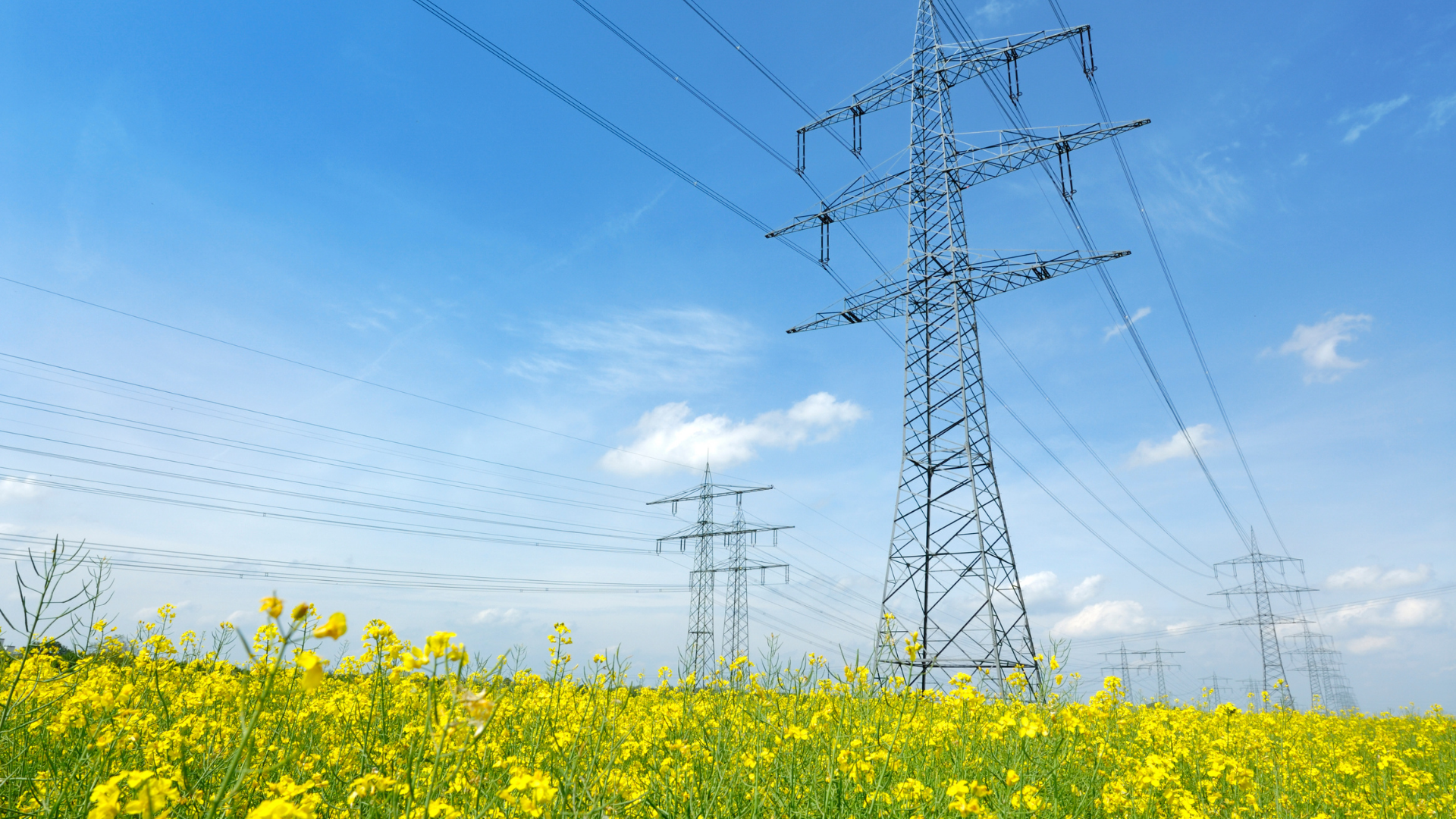
How TCR is impacting Triads
25 November 2021 | 5 minutes
How will these changes impact large businesses and how can organisations prepare?
The Targeted Charging Review (TCR)
As the past few months have demonstrated, businesses must be fully prepared to manage the unpredictability of the energy marketplace. With this in mind, understanding the TCR, what changes are taking place and how they impact end users is essential.
TCR came about through the need to modernise the UK’s electricity network, the funding required to do so and addressing energy charges which pay for existing pylons and cables.
These ‘residual costs’ have, to date, appeared on business bills as Distribution Use of System (DUoS) and Transmission Network Use of System (TNUoS) charges, with the fees used to maintain the electricity networks that supply business energy. However, to ensure costs are distributed fairly across all energy customers and businesses, plans were made to modify the process.
What are the timelines for TCR change?
On 1 April 2021, Ofgem said that it would delay the start of the new TCR transmission (TNUoS) charges by 12 months, meaning a new pricing model would be effective from April 2023 rather than April 2022. However, this does not affect DUoS charges - they will change from April 2022.
What do these timelines mean in terms of real-world costs? Well, until now, transmission and distribution charges have been passed on to customers as a unit charge. Moving forward, as a result of TCR changes, the majority of business transmission costs and roughly half of business distribution costs will become a fixed charge.
For business energy customers, both elements will therefore now be included within the standing charge.
By moving these costs to the standing charge, the noticeable impact for the majority of customers will be a higher standing charge but a lower unit rate.
Business customers will also be assigned one of four charging bands, based upon site capacity and voltage connection. This banding will then determine the relevant TCR charge that is passed on.
What’s happening with Triads?
Wider change is happening with Triads too – the system that encouraged energy users to consume more power during lower periods of overall demand via charging mechanisms.
For businesses, the logic was to minimise energy use during expensive periods, which also allowed for greater forecasting and planning. Now, the Triad-based approach is ending in Winter 2023, meaning that organisations who reduce energy usage during peak times in the future will see less benefit in their costs.
Ofgem’s aim is to make it fairer for companies unable to consume less during peak times. It’s a very important change, considering that research suggests some firms have historically cut six or even seven figures from their annual bill by leveraging Triads.
What can I do to mitigate any new TCR costs?
Shell Energy can help guide your business through this change in a number of ways. We can assist with consumption analysis to help your business be as energy efficient as possible, as well as providing flexible contract options, allowing you to take advantage of wholesale market movements.
These changes aim to ensure all that costs are split fairly across business energy consumers. Although costs are changing, the impact will not necessarily result in a price rise for all customers.
At Shell Energy, we offer a simple and reliable solution for managing your energy costs and planning your sustainability roadmap, from a world-class energy partner. We have committed to incorporating accurate TCR charges within our fixed* price quotes. This provides businesses with peace of mind, price certainty and no unexpected surprises further down the line.
Find out more
Speak to our team to discuss how we can help your business.
* You’ll receive a fixed price for the term of your contract unless there are changes that impact the contract terms or that are beyond our control, in which event we may vary your prices or pass costs onto you. These may include:
you not adhering to the contract terms;
you providing inaccurate information to us;
changes in industry arrangements, regulation or law, metering, or supply;
any change in the structure or calculation of third party charges.
Related articles


